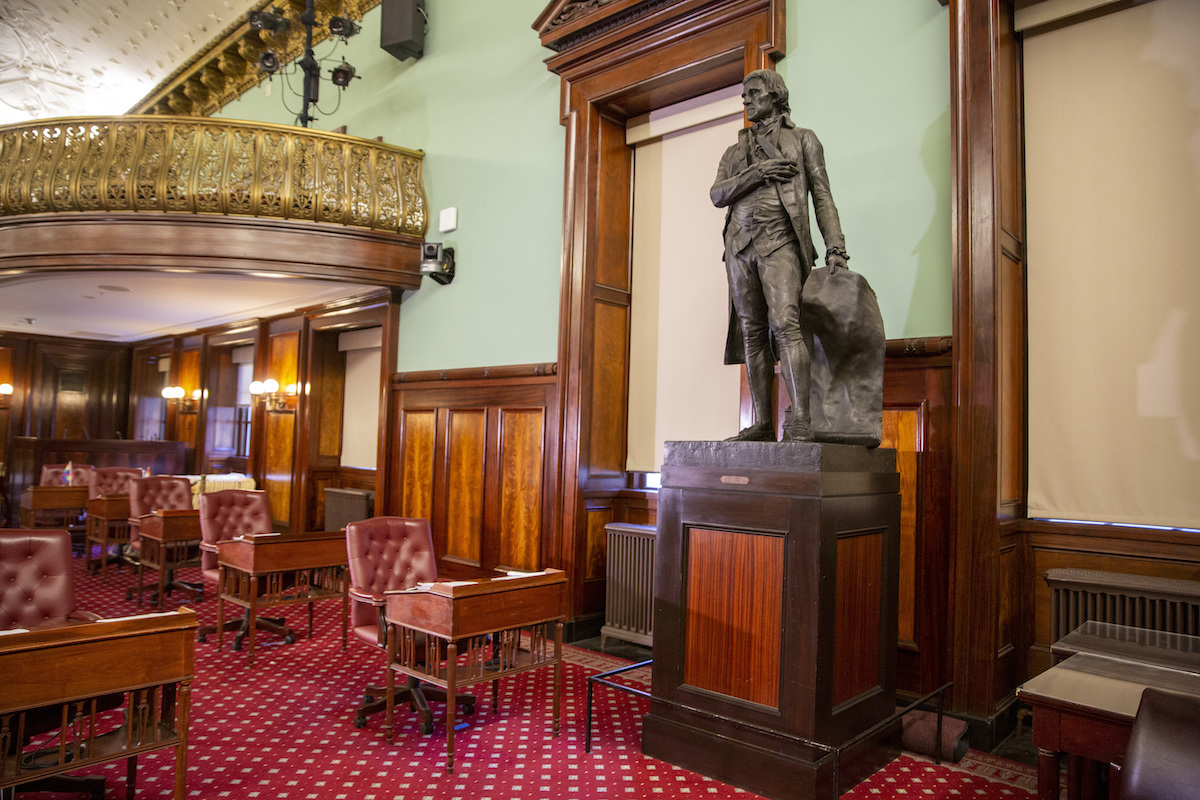November 15, 2021
Removing statues won’t erase the past, could mar the future
Monuments have been created for thousands of years. The word monument itself finds its Greek etymological roots in Mnemosyne, the name of the ancient goddess of memory and mother of the nine muses. Continue Reading...

